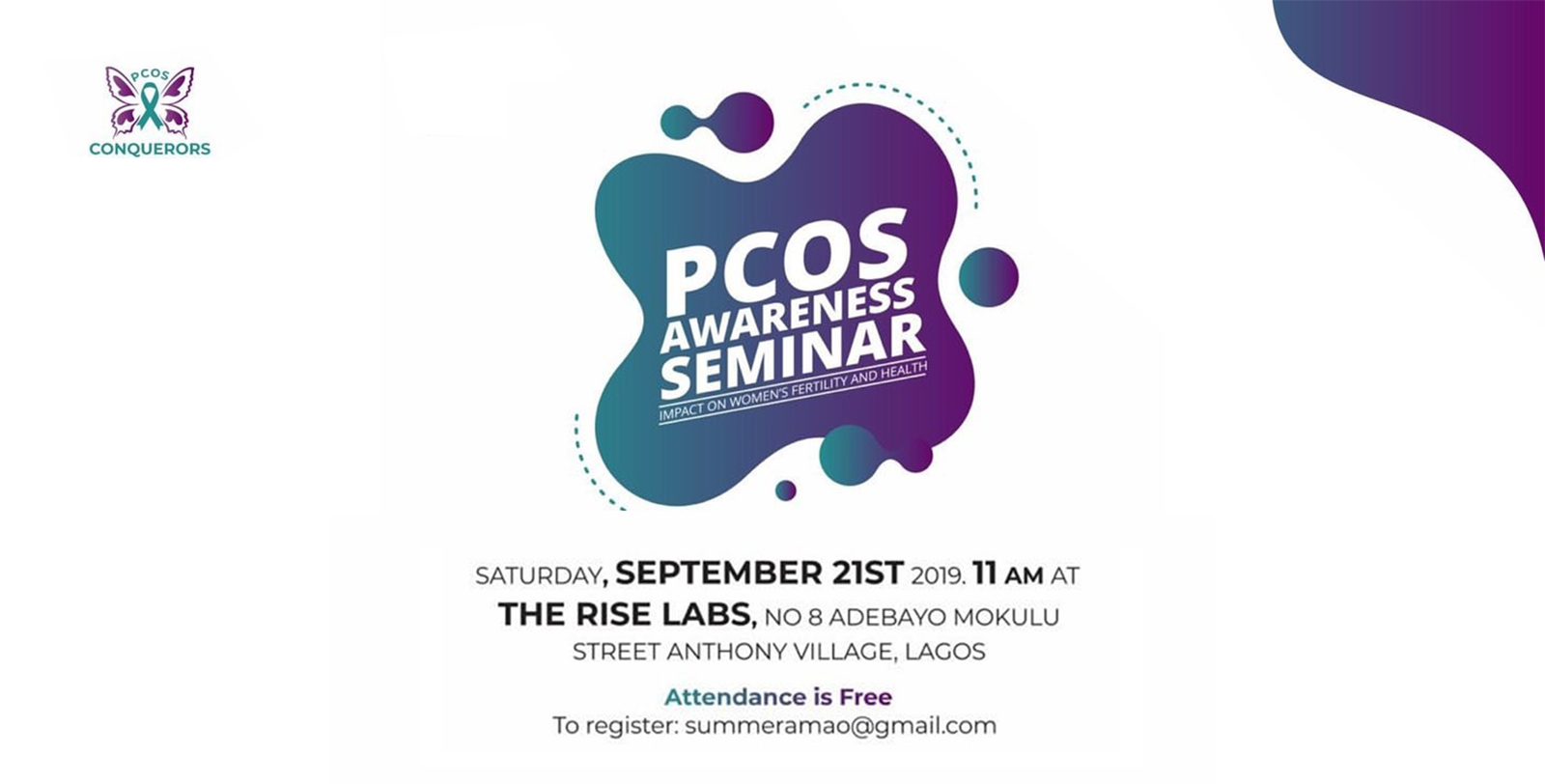Civic responsibility refers to the duties and obligations that individuals have to participate in the functioning of society. This can take many forms, including voting, volunteering, activism, and community service. While extroverts may be more visible in these areas, introverts have much to offer as well. Here are some ways that introverts can exercise civic responsibility:
Activism:
While activism is often associated with large-scale protests and demonstrations, introverts can make important contributions to activism in quieter, more introspective ways. For example, introverts may be excellent writers, artists, or researchers who can use their talents to create powerful messages and inspire others to action. Additionally, introverts may be well-suited to behind-the-scenes work, such as organizing and planning events, or using social media to spread awareness and build momentum for causes they believe in.
Volunteering:
Volunteering is a powerful way to give back to one’s community and make a positive impact on the world. Introverts may be well-suited to volunteering opportunities that allow them to work independently or in small groups, such as tutoring, mentoring, or working at a food bank. Additionally, introverts may be able to use their talents and skills in unique ways, such as creating digital content or designing marketing materials for a non-profit organization.
Voting:
Voting is a fundamental aspect of civic responsibility, and introverts can make important contributions by exercising their right to vote. While introverts may not be as vocal about their political views as extroverts, they can use their strong sense of introspection to carefully consider the issues and make informed decisions at the ballot box.
Community service:
Community service is an important way to build stronger and more connected communities. Introverts may be well-suited to community service projects that allow them to work independently or in small groups, such as neighbourhood cleanup or gardening projects. Additionally, introverts may be able to use their talents and skills in unique ways, such as teaching a class or leading a workshop on a topic they are passionate about. A lot of citizens, like the youth corpers, joined to carry out the election exercise as INEC officials.
It’s important to recognize that introverts may have different needs and preferences when it comes to civic responsibility. For example, introverts may prefer to work independently or in small groups, rather than in large crowds or noisy environments. Additionally, introverts may need more time and space for introspection and reflection than extroverts, which can make it challenging to balance social engagement with self-care.
However, these differences should not be seen as limitations or weaknesses. Rather, they are strengths that can be harnessed for the greater good. By recognizing the valuable contributions that introverts can make to civil responsibility, we can create more inclusive and effective approaches to civic engagement that benefit everyone.
As Nigeria proceeds to the gubernatorial polls, introverts can also contribute their quota in discouraging violence and promoting peace regardless of the unfortunate events that happened during the presidential election. What matters most is that we as Nigerian, introverted or not exercised our constitutional right to vote and we emphasized that the people have the power of choice and justice will prevail no matter how long it takes. I will end with this quote by Wole Soyinka “The man dies in all who keep silent in the face of tyranny.”
Sign Up to Our Newsletter
Get notified about exclusive offers every week!






